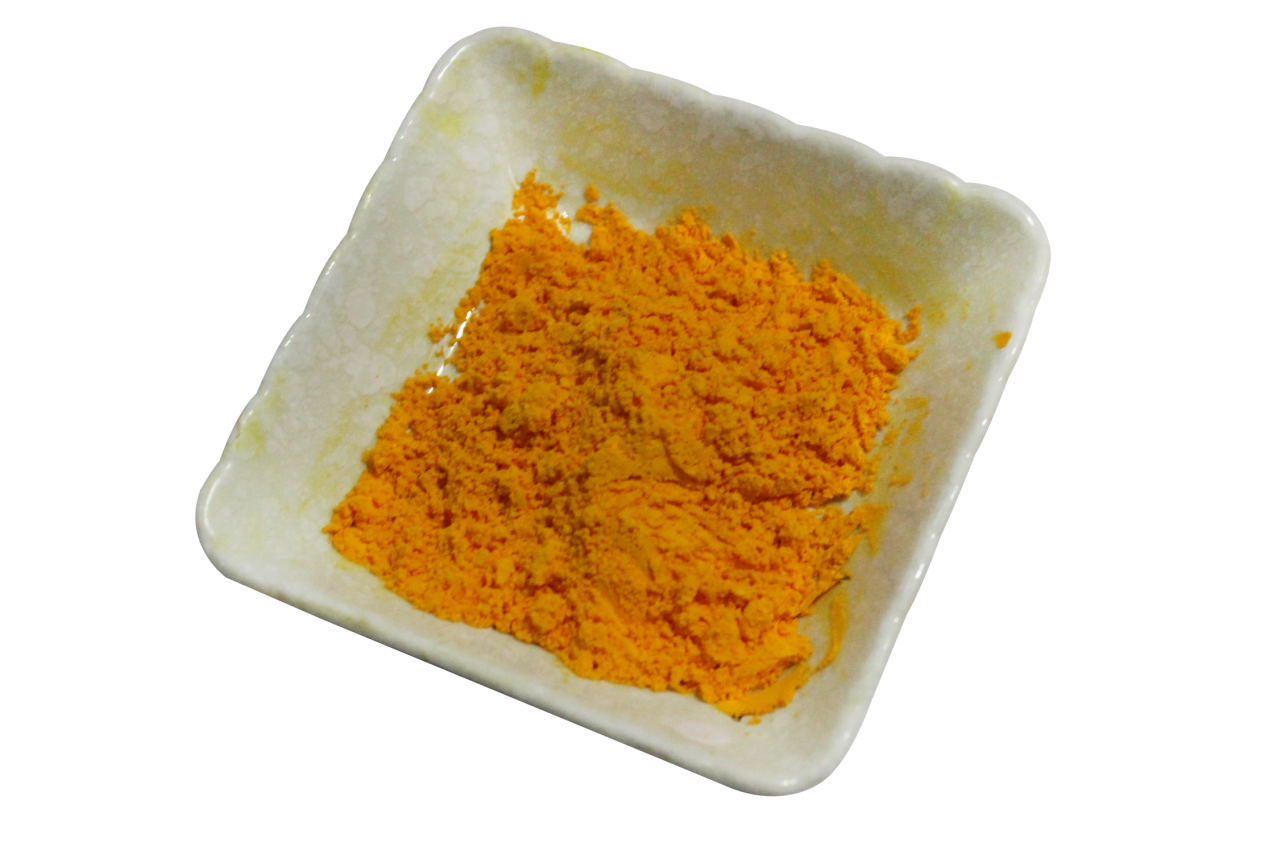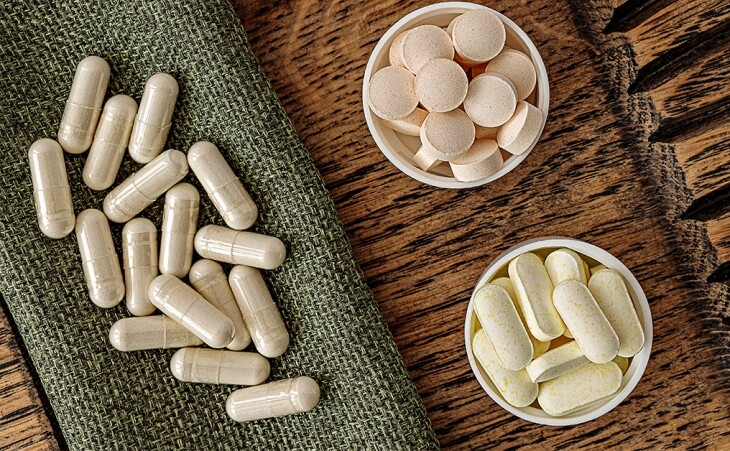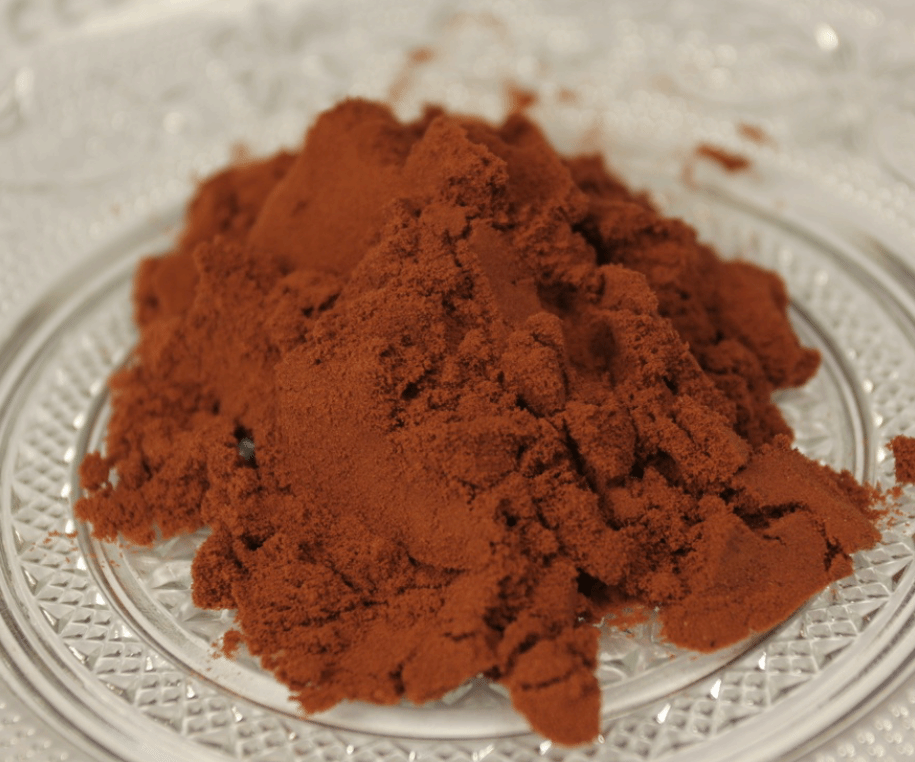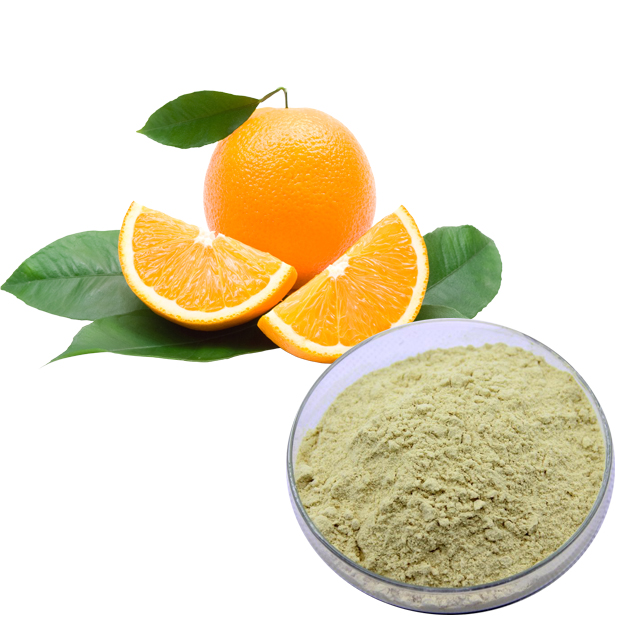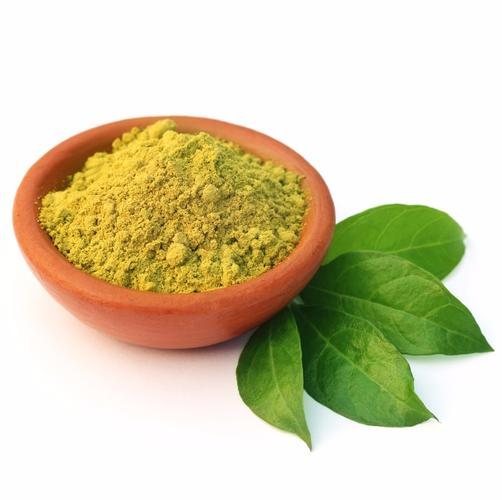What are the health benefits of curcumin?
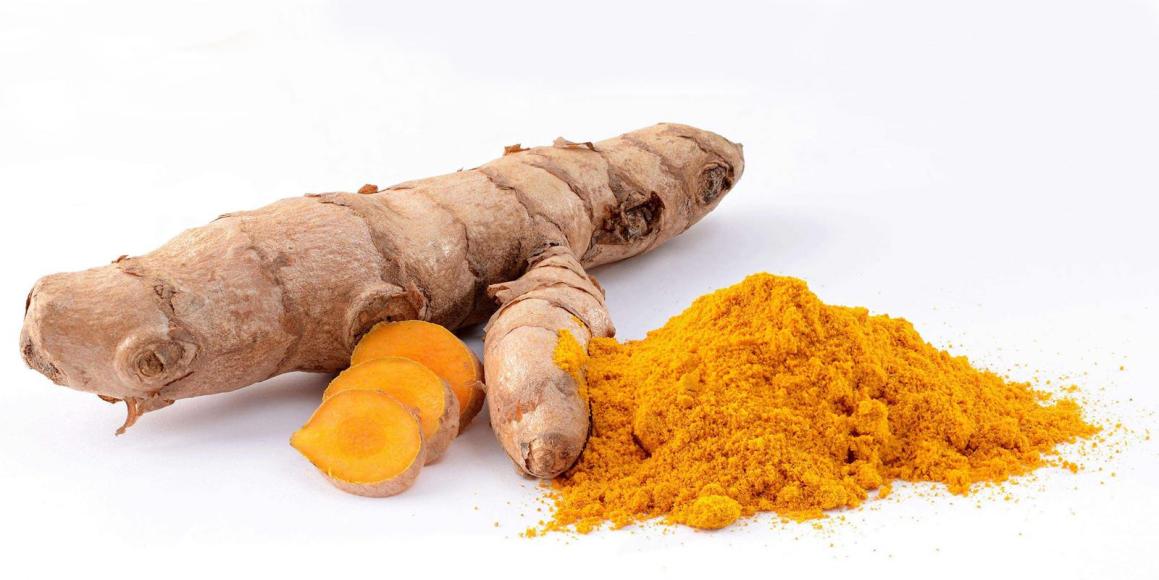
1. Antioxidant Properties
Curcumin's molecular structure, characterized by both phenolic and β-diketone groups, makes it a unique antioxidant with multiple functional groups. Additionally, curcumin enhances the activity of various antioxidant enzymes in the body, such as glutathione reductase, catalase, and copper/zinc superoxide dismutase. This enhancement boosts these enzymes' ability to scavenge free radicals, thereby reducing oxidative stress.
2. Anti-inflammatory Effects
The anti-inflammatory properties of curcumin are extensively utilized and have been found to be comparable to those of steroidal and non-steroidal anti-inflammatory drugs (NSAIDs) such as indomethacin and phenylbutazone, without the associated side effects. Curcumin exerts its anti-inflammatory effects by inhibiting key inflammatory mediators such as cyclooxygenase (COX-1, COX-2), lipoxygenase (LOX), TNF-α, interferon-γ, inducible nitric oxide synthase (iNOS), as well as transcription factors like NF-kB and activator protein-1 (AP-1).
These anti-inflammatory actions make curcumin beneficial for various chronic diseases, including cardiovascular diseases, liver diseases, cancers, rhinitis, asthma, gastrointestinal inflammation, skin inflammations, autoimmune diseases, and Alzheimer's disease.
3. Antitumor Effects
Research has demonstrated that curcumin's antitumor effects are primarily achieved through inducing apoptosis in tumor cells and modulating cell survival pathways. The involved targets include transcription factors, growth factors, inflammatory mediators, receptors, and enzymes. Curcumin's antitumor potential has been studied extensively in cancers such as colorectal cancer, breast cancer, prostate cancer, pancreatic cancer, lung cancer, gastric cancer, multiple myeloma, and head and neck malignancies.
These studies suggest that curcumin, whether used alone or in combination with other chemotherapy drugs, radiotherapy, or surgery, holds promise as a potential antitumor therapy. Moreover, it may be effective in treating tumors resistant to chemotherapy drugs.
Contact:James Yang
Tel/WhatsApp: +8619992603115
WeChat:19992603115
Email: sales@xabcbiotech.com



